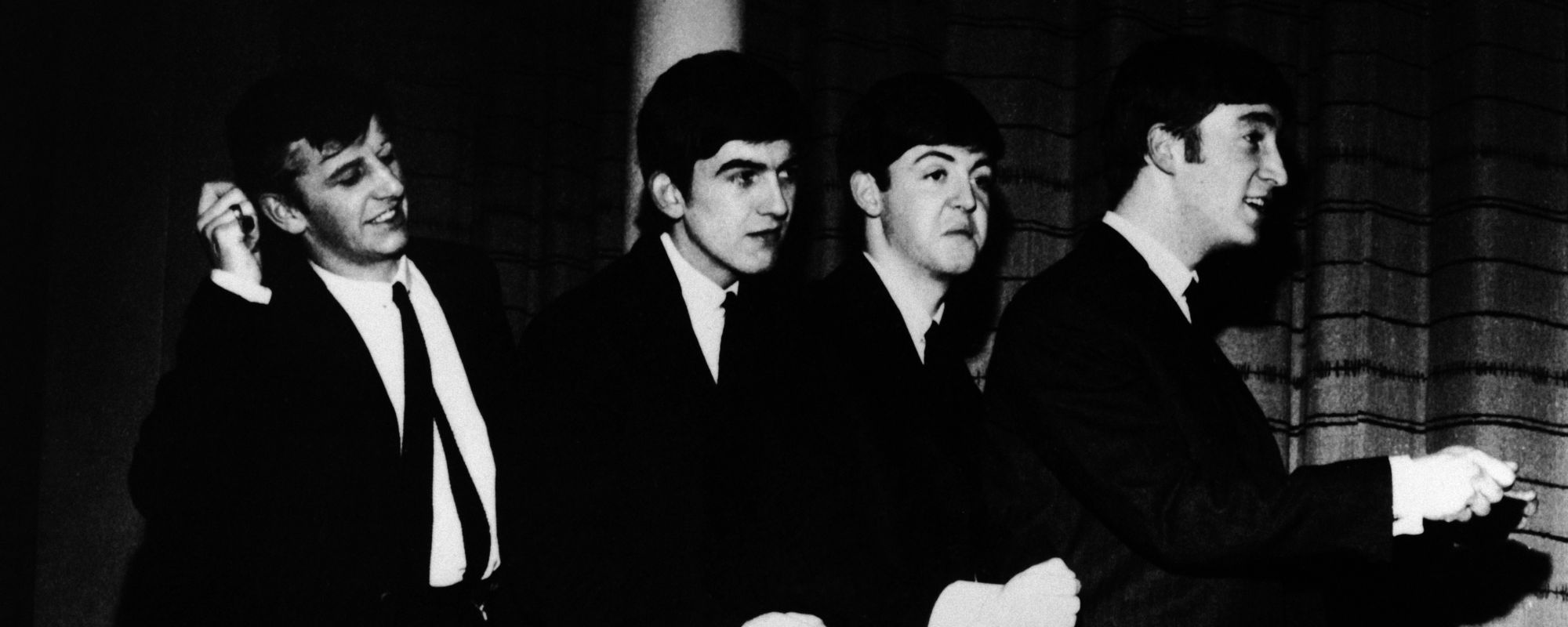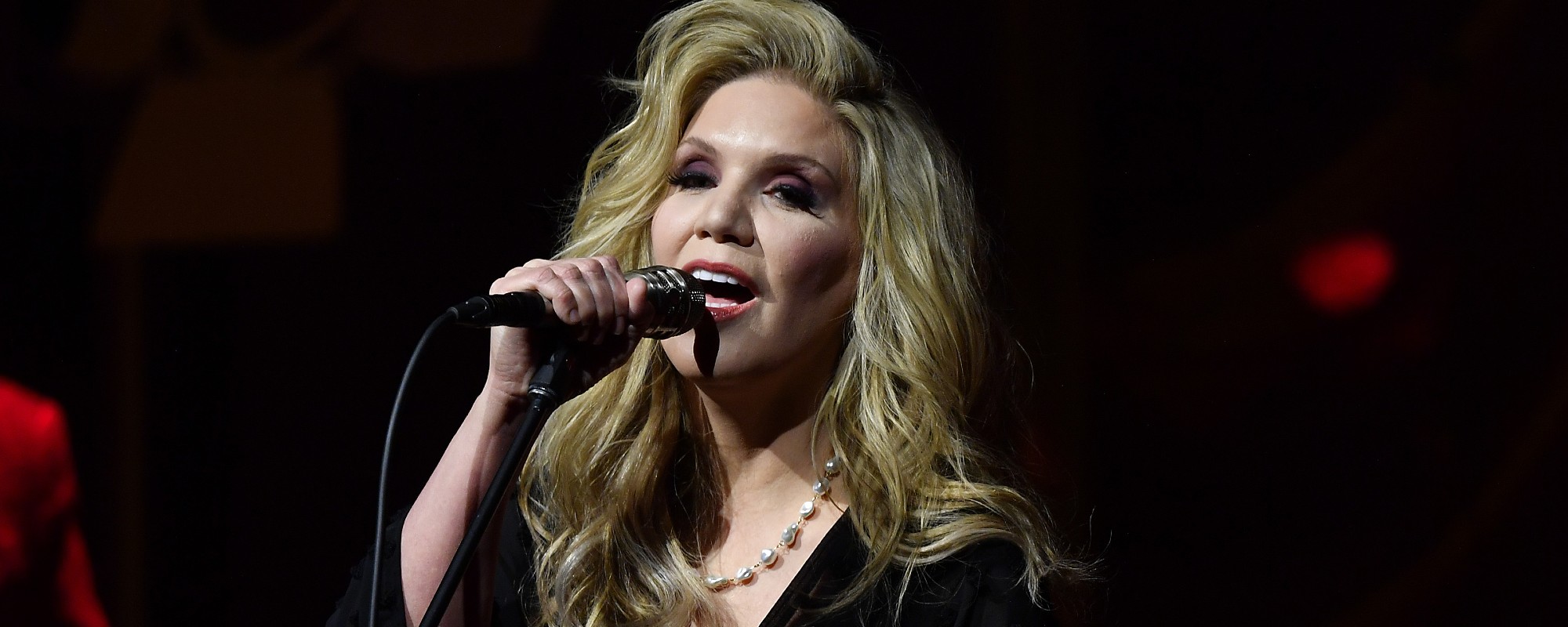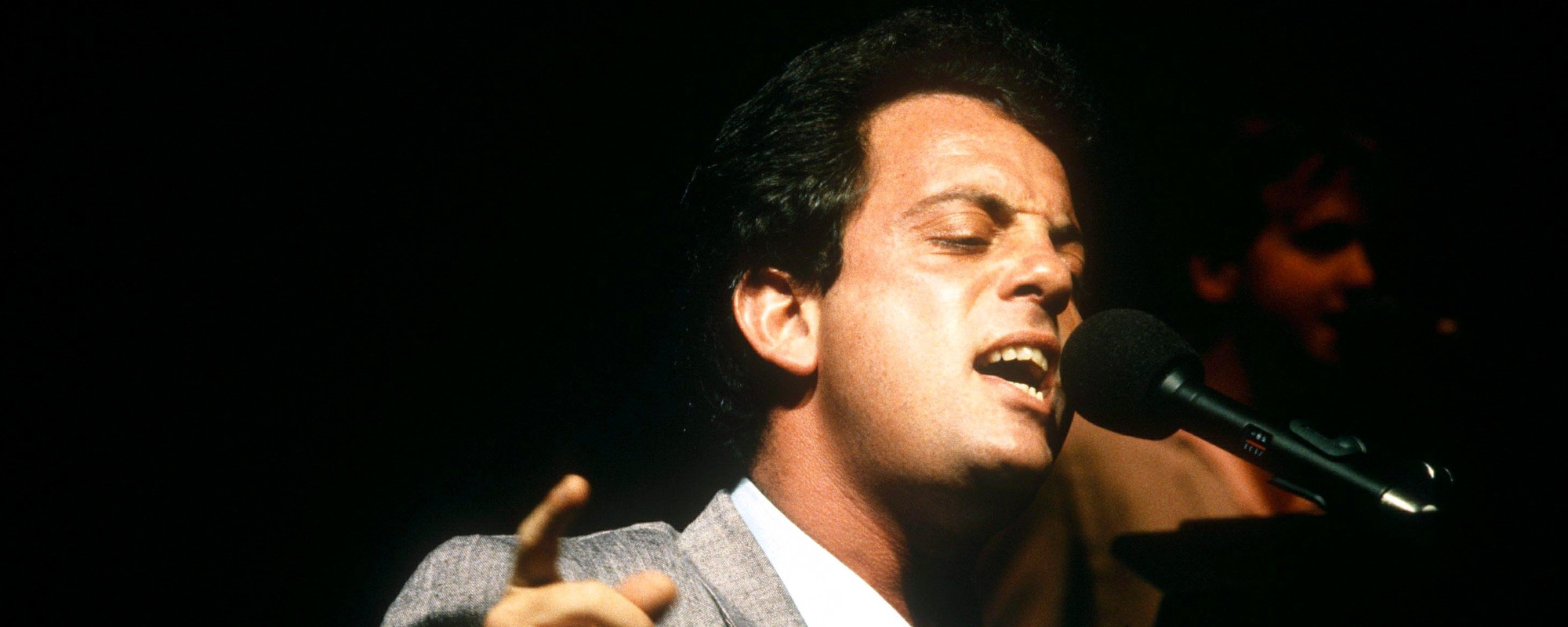Even when it’s not the case, Billy Joel makes you believe his songs come directly from people and events he’s experienced in real life. It comes down to the details he includes, as well as the honest reactions of the characters.
Videos by American Songwriter
Joel has claimed “Don’t Ask Me Why,” a hit from his 1980 album Glass Houses, was borne of some stream-of-consciousness reflections of his time spent traveling. But the lyrics tell such a thorough story you wonder if the lyrics hit closer to home than he’s ever revealed.
All You Have to Do is “Ask”
Many critics felt Billy Joel was doing his own take on new wave singer/songwriters such as Elvis Costello and Joe Jackson on his 1980 album Glass Houses. That’s a bit of a narrow view on what’s actually quite a wide-reaching record.
Granted, there are songs like “All for Leyna” and “Sometimes a Fantasy” that feature that punchy, everything-in-its-place sound that was so prevalent on rock radio around 1980. Joel himself seemed to preemptively strike back at the accusations he was trend-jumping with the single “It’s Still Rock and Roll to Me.”
But you also have diversions on that album such as “Don’t Ask Me Why,” which stands out from the pack with its lilting Latin melody. Joel even indulged in a flair-filled piano solo that seemed like a tongue-in-cheek commentary on what was going on in the lyrics.
In terms of those lyrics, “Don’t Ask Me Why” tells the story of a girl who has escaped humble beginnings to reach an exalted place in her life. Joel takes the role of the narrator, who seems to be there to warn her not to get too big for her britches. After all, he knew her when, and he hints a break or two could send her back down the ladder pretty quick.
Examining the Lyrics of “Don’t Ask Me Why”
Joel immediately sets the scene in “Don’t Ask Me Why,” presenting a heroine who’s living the good life with people at her beck and call: All the waiters in your grand cafes / Leave their tables when you blink. He quickly suggests her success story included more than a little bit of luck: Every dog must have his every day / Every drunk must have his drink.
He does give her credit for persistence: All your life you had to stand in line / Now you’re standing on your feet. In the bridge, the narrator hints at a past between the two, one where perhaps she left him brokenhearted: You are still the victim of the accidents you leave / Sure as I’m a victim of desire.
As the song progresses, he’s more than willing to throw cold water on her dream-come-true: Fool them all but baby I can tell / You’re no stranger to the street. In the final verse, he implies she’s found a convenient way to eliminate the reminders of her former life: Yesterday you were an only child / Now your ghosts have gone away.
Her affectations (Now you parlez-vous Francais) hint at pretentiousness. The chorus, however, finds her trying to connect again with the narrator, only for him to counter they no longer have enough in common to communicate as they once did: Don’t look for answers / You took your chances / Don’t ask me why.
“Don’t Ask Me Why” glides along like an ace flamenco dancer thanks to the music. But the tale has more than a little bite to it, as it refuses to let the now-graceful protagonist forget a past when she had two left feet.
Photo by Richard E. Aaron/Redferns













Leave a Reply
Only members can comment. Become a member. Already a member? Log in.